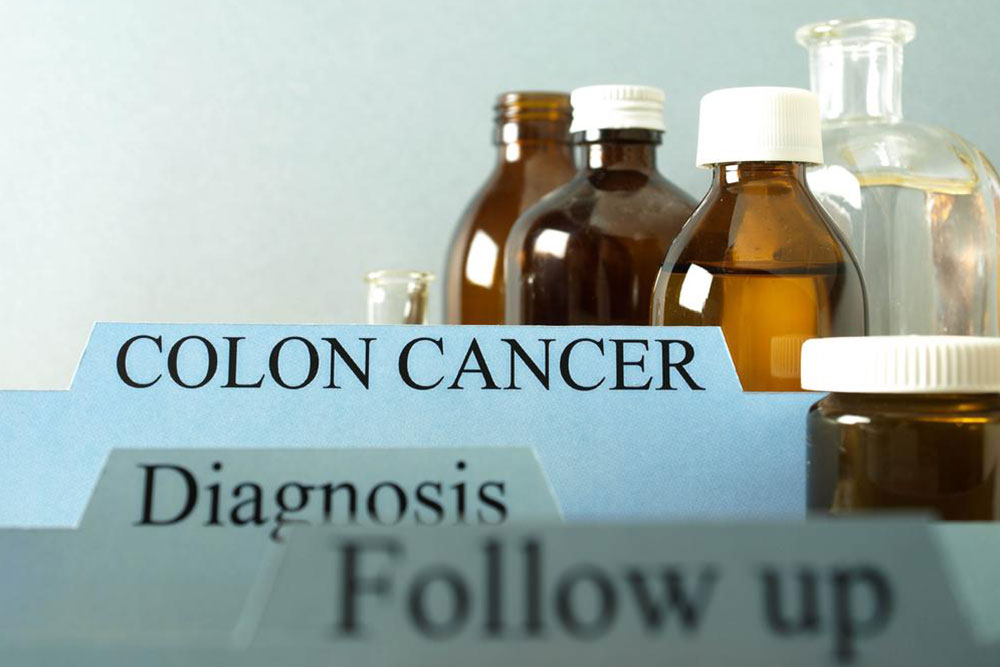
Causes and signs of colon cancer
Colon cancer is the cancer of the large intestine, which is the final part of the digestive tract. It begins as small, benign clumps of cells called adenomatous polyps. Over a period of time, they could turn into cancerous cells and cause colon cancer. Polyps may be small. This is the reason why most doctors recommend several screening tests to help prevent this cancer by identifying and removing polyps, in the beginning stage, i.e, before they turn into cancer.
Signs of colon cancer
It is generally seen that most people do not experience any symptoms in the early stages of this disease. Most symptoms often appear after cancer has grown or spread. Some symptoms and signs of colon cancer include:
- Changes in the bowel habits of a person, which also include diarrhea or constipation or a change in the consistency of your stool, which has lasted longer than four weeks.
- One of the signs includes rectal bleeding or blood in the stool.
- Continuous discomfort in the abdomen, such as cramps, acidity, gas or pain.
- A slight feeling that your bowel does not empty completely.
- Weakness and fatigue.
- Weight loss
- Dark stools
When symptoms appear, they are most likely to vary depending on the size of cancer and its location in the large intestine. So, it is best advised to get checked for this deadly disease regularly without waiting for symptoms. It could be found through the process of screening. It could prevent colorectal cancer by finding and removing pre-cancerous growths which are also known as polyps.
Causes
The real cause of this deadly disease has not been found yet. Researchers are still studying the cause. It has been found that there is definitely a growing list of risk factors which act alone or in combination and increase one’s risk of developing colorectal cancer.
- Precancerous growths: It is found that cells which are abnormal accumulate in the lining of the colon, forming polyps. One of the ways of removing these benign growths is surgery. When these growths are left untreated for a while they turn into cancerous cells.
- Gene mutations: Sometimes it is seen that colon cancer occurs in members of the same family. The probable explanation of this is gene mutation which passes from parent to child. It is generally seen that these mutations only increase the risk of getting diagnosed with cancer but it does not guarantee at all that you would suffer from cancer.
Treatment of this colon cancer depends on a wide variety of factors. The stage of colon cancer decides as to what kind of help is needed. Surgery, chemotherapy, radiation, and medication are the ways by which cancer could be treated. When caught at the benign state, it is treatable and often curable. With early detection, if cancer doesn’t return in the next five years, the person concerned is considered as cured. The chance of this happening is only when a person is in the first three stages.


